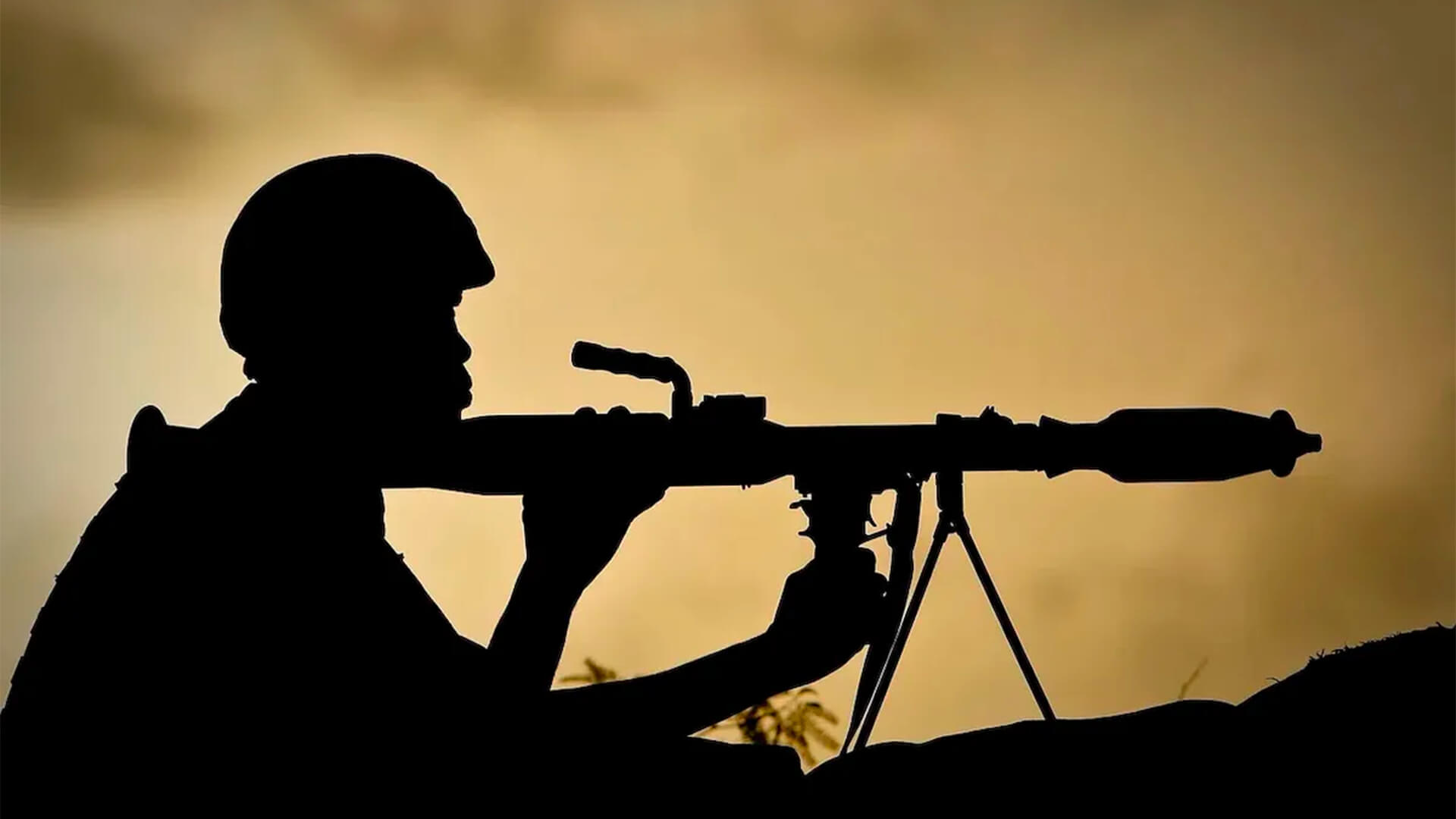Today’s video comes to you from Bear Peak just above Boulder, CO.
The Economic Community of West African States (ECOWAS) set Monday, Aug. 7, as the deadline for the Niger Coup plotters to step down and renounce power. That deadline has come and gone without any change, so what happens now?
This coup shouldn’t surprise anyone; just look at the African Sahel region, and you’ll see they are no strangers to coups. That’s been a harsh reality for the French operating in the area, and the coup in Niger only leaves a few options on the table…pack up and go home, send in some special forces to overthrow the government, or offer aid once the ECOWAS security clause kicks in (if it does at all).
This security clause dips into uncharted territory. Crossing borders has always been a big no-no in West Africa, but it might be time to rewrite some rules. And if anyone can do so, it would be the big dog of the region, Nigeria. And yes, the French would likely throw some aid into the mix.
ECOWAS will meet this Thursday to debate and discuss the coup in Niger. Their decisions and actions over the next few weeks will give us a glimpse of the next few decades in West Africa.
Prefer to read the transcript of the video? Click here
Here at Zeihan On Geopolitics we select a single charity to sponsor. We have two criteria:
First, we look across the world and use our skill sets to identify where the needs are most acute. Second, we look for an institution with preexisting networks for both materials gathering and aid distribution. That way we know every cent of our donation is not simply going directly to where help is needed most, but our donations serve as a force multiplier for a system already in existence. Then we give what we can.
Today, our chosen charity is a group called Medshare, which provides emergency medical services to communities in need, with a very heavy emphasis on locations facing acute crises. Medshare operates right in the thick of it. Until future notice, every cent we earn from every book we sell in every format through every retailer is going to Medshare’s Ukraine fund.
And then there’s you.
Our newsletters and videologues are not only free, they will always be free. We also will never share your contact information with anyone. All we ask is that if you find one of our releases in any way useful, that you make a donation to Medshare. Over one third of Ukraine’s pre-war population has either been forced from their homes, kidnapped and shipped to Russia, or is trying to survive in occupied lands. This is our way to help who we can. Please, join us.
CLICK HERE TO SUPPORT MEDSHARE’S UKRAINE FUND
CLICK HERE TO SUPPORT MEDSHARE’S EFFORTS GLOBALLY
TRANSCIPT
Hey, everybody. Peter Zeihan here. Coming to you from Bear Peak, one of the flat irons above Boulder, Colorado. And the news today is that the deadline has passed for the major coup plotters to renounce power and allow civilians back in. Now, some quick background here. The French have been fighting their version of the war on terror in the African Sahel region, which is the zone between the tropics and the desert, the Sahara, for pretty much as long as the United States fight the global war on terror.
Obviously, they fought what was the war that was made some sense to them. So while the Americans were in Iraq and Afghanistan, the French have been moving around in the Sahel region. And just like with the United States, it didn’t go well. It hasn’t been going particularly well for the French either. The problem is that none of the geographies in question are particularly productive.
The Sahel does get more rainfall than the desert, but not a lot. So agriculture is difficult in a lot of these countries don’t even have a lot to mine. So you’ve got thin population density, maybe one or two population centers, and it’s really hard for those population centers to exercise the rich over the rest of the territory, ergo, where the French have come in to partner with the local governments.
The problem is those local governments aren’t stable. So the four big ones Niger, Mali, Gabon and Burkina Faso, all former French colonies have now all had coups. And as the first three happened in Guinea and Mali and Burkina Faso, the French have concentrated more and more of their efforts on Niger. And so now that Niger has had its coup as well, there’s not a lot to go for.
So we go one of three directions from here. Number one. The French suck it up. Realize that their influence in. Oh, well, they realize that their influence in the region is gone. And go home and deal with issues they can deal with. Which would probably mean sticking it to the country that has had the biggest influence with the coup plotters, which is Russia.
Option number two is the French go in hard and send some special forces in to knock over at least one of these governments. With Niger being the most likely one. And in that scenario, it honestly wouldn’t be too hard to do because the the coup government is just as unstable as what came before. And if you remember back to when we had the war in Libya, it turned out the locals couldn’t do the assault on Tripoli.
So the French, the Brits and the Americans each sent in a few dozen special forces and basically paved the way to the presidential palace for the resistance and easily overthrew Gaddafi. And then there’s option number three, which you kind of get an interest in, which gets us to the deadline that we saw today. There’s a group called Equal Was, which is the Economic Organization of West African States, which is trying to be an African version of the EU.
And, you know, we can find plenty of fault with how they’ve pulled it off. But they do have a security clause. And Equal was basically told the coup plotters that they needed to step down by today and they didn’t. So the question now is whether you is going to put its money where its mouth is. Now, the French get along very well with most of the countries, of course, and the one that matters the most, which is the most powerful one by far, is Nigeria.
And the Nigerian military is something like four times as powerful as the combined militaries of all four of the countries that have been taken over by coups. So if the Nigerians do choose to rouse themselves, especially with some French assistance, this could get very, very interesting, very, very quickly. And now that it was the deadline has passed and it was an equal watch deadline, not a French deadline, we will find out whether or not the Africans are capable of putting together a security force to cross borders by themselves.
Historically speaking, this was a big no no. One of the big contingents of African Union membership and African diplomacy overall was never, ever, ever, ever change the borders because that reeks of colonialism. But that policy may now be 60 years out of date, and it may very well be time for the regional heavyweight to do something different or for the French to do something similar.
Either way, we’re going to get some very instructive lessons on what is and is not going to fly in West Africa over the course of the next few weeks. So stay tuned. Take care.




